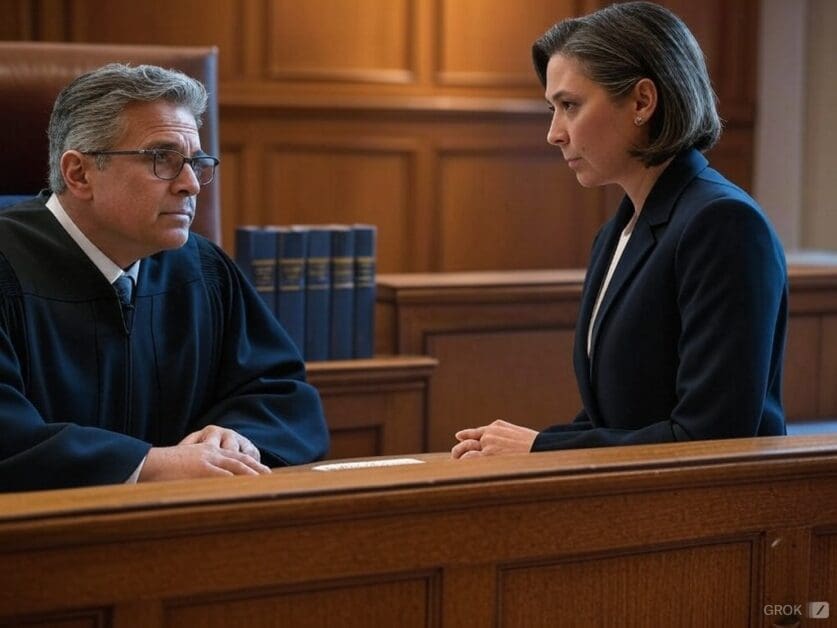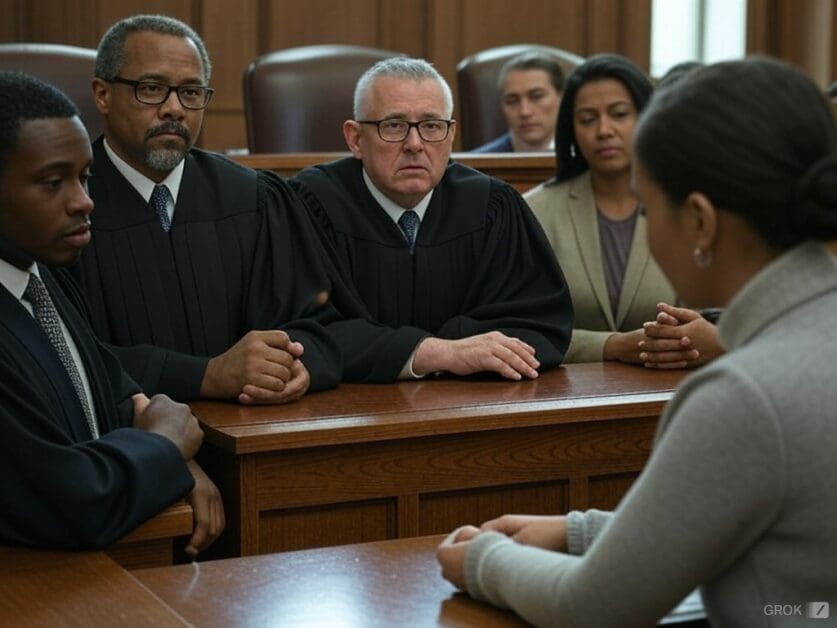Presumption of Innocence: Cornerstone of Criminal Justice
The presumption of innocence stands as a fundamental principle in the American criminal justice system, serving as a cornerstone of due process and fair trial rights. This legal doctrine asserts that an individual accused of a crime is considered innocent until proven guilty beyond a reasonable doubt in a court of law. The presumption of […]
Presumption of Innocence: Cornerstone of Criminal Justice Read More »









